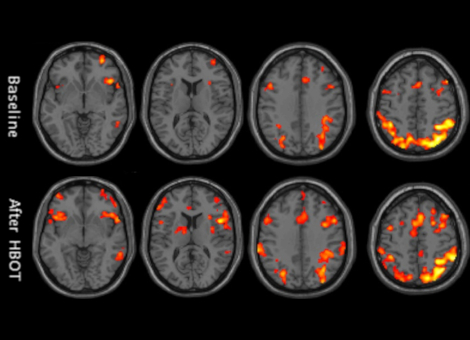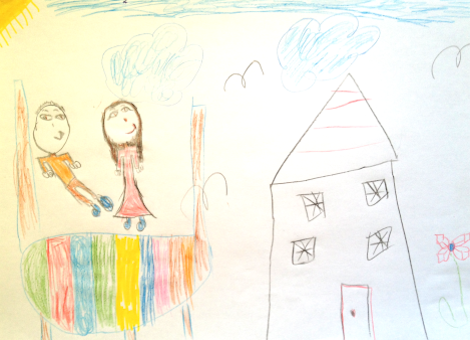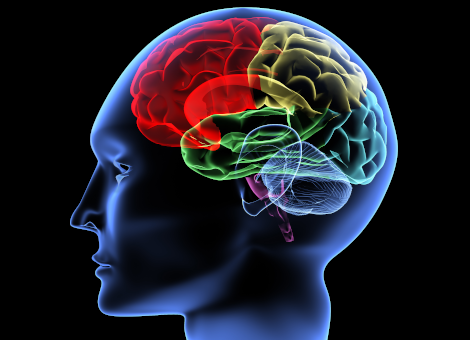
TAU achieves breakthrough in treatment of post-traumatic stress disorder
Researchers from Tel Aviv University (TAU) and Israel’s Shamir Medical Center were able to successfully relieve the symptoms of post traumatic stress disorder (PTSD) in military combat veterans using a new protocol of hyperbaric oxygen therapy (HBOT). In a controlled clinical trial involving Israeli army veterans who suffered from treatment-resistant PTSD, the approach demonstrated significant… Read More





